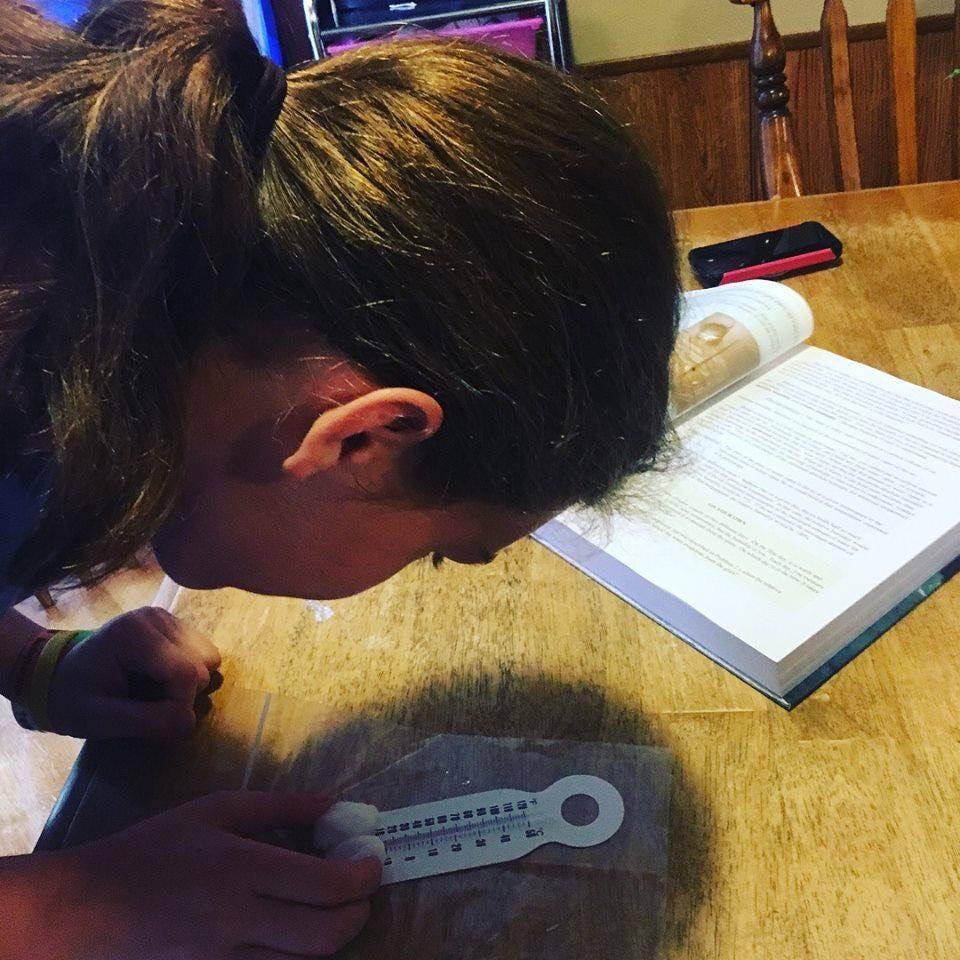Inside the unit studies method of homeschooling

Unit studies is a homeschooling method popular with parent teachers because it can be easily combined with other homeschooling methods. Unit studies on its own is centered on learning topics holistically, instead of breaking them up into subjects like public schools do.
In unit studies, topics and subjects are taught together so students learn about them from many angles. Themes, or units of study can include anything the child is interested in, like their favorite book series, or television show. Following the child’s interests helps keep them engaged, and eager to learn.
Method description
Unit studies is a thematically based learning plan. Students focus on one topic and stay with it for a time, incorporating science, social studies, language arts, math, fine arts and other subjects as they apply. Unit studies is popular because it can be used in conjunction with other homeschool methods.
Curriculums for the unit studies method
Typically this kind of homeschooling depends on a solid curriculum framework, because of its thematic units. There are many different curriculums available, especially because unit studies can be used cohesively with other types of homeschooling methods.
“There are many good curriculums available today for homeschoolers,” Kris Cox, a retired homeschool educator who now works as an education consultant, said. “I can’t say that I think there is one best kind of curriculum to use. What works best for one family might not work well for another. Each family and their children are unique.”
Positives
Unit studies is one of the more fun methods of study, because it tends to be more student-directed.
Cox says she “prefers delight-directed studies, where the child’s ‘delight’ or area of interest is encouraged, the parent provides resources for the child to learn about the topic they’re interested in, and they use this to help develop learning skills such as writing, reading, speaking, etc.”
The unit studies method helps bolster the student’s weaker subjects by allowing students to lean on their stronger subjects to learn the weaker ones. Because of the structure of this method, units are taught whole instead of broken up into subjects. For example, if a student had a unit on the French Revolution, they would learn about the geography of France during the time of the revolution, the history and details of why the revolution happened and the fine arts of the time.
Negatives
If the curriculum isn’t properly implemented, it could be incomplete. Unit studies requires a curriculum and a strong framework, otherwise it’s not as functional.
Some subjects also may not work together, which could cause learning gaps.
Why homeschoolers like it
Unit studies is unique because its teaching methods demonstrate the impact of ideas over time. Students who learn with unit studies study events and subjects thematically, and therefore linearly. Unit studies is also one of the easier homeschooling methods to use with multiple children of different ages. The curriculum and lesson plans can be adapted to fit each of their needs and education levels without having to create different curriculums for each of them.
Crystal Sands, who homeschools her son, uses a combination of the unit studies, classical and Montessori methods with her son. “We have generally focused on at least one unit of study per year. Last fall, we focused our learning around Harry Potter, so we read Harry Potter, learned classical myths and treated cooking as potions,” Sands said.
“I am a college professor and curriculum designer. So far, I have developed my own curriculum, except for math instruction. I teach reading and writing, so I have to get help with math. [My son] hates when I make him sit down to write or do his math. I can see he enjoys his art and music much more than math and writing, but, as a professor, I can’t fully let go of that bit of traditional,” Sands said.
Sands said she tried the unit studies method because she wanted flexibility, but also something she and her husband, who helps with the teaching, could be comfortable with. “[We] wanted to have some basic structure to our homeschooling day but enough flexibility to help give our son a sense that he has a say in his education too,” Sands said.

How unit studies compares
A big issue with unit studies is some subjects may not work together within a unit, or a specific subject may not have relevance within a unit, which creates knowledge gaps. This is why unit studies is reliant on a curriculum, which can also be a challenge; some parent teachers may not want to use a curriculum with their teaching.
“One of the biggest challenges we faced was finding a good balance,” Sands said. “Our son had been in school for two years for preschool and kindergarten before we started homeschooling, and we struggled a little at the transition. But, we seemed to find a path fairly quickly that worked well for our son and for us.”

[…] Unit-studies […]